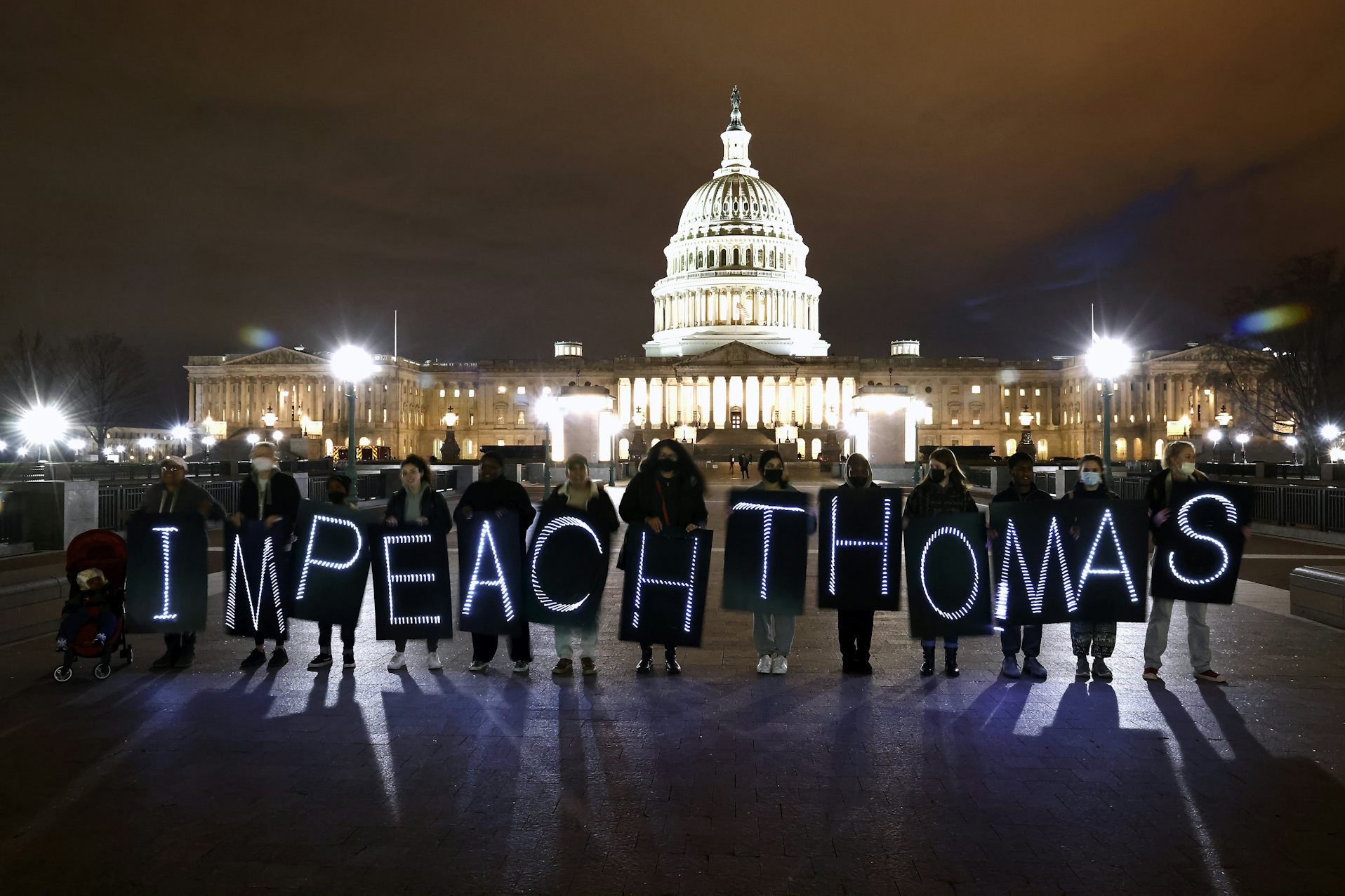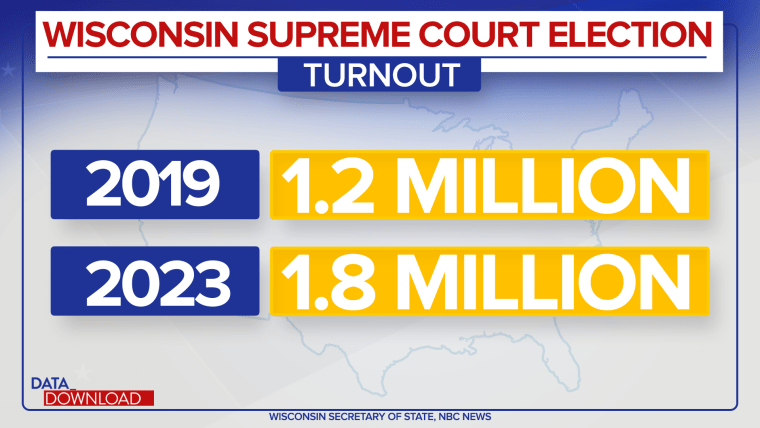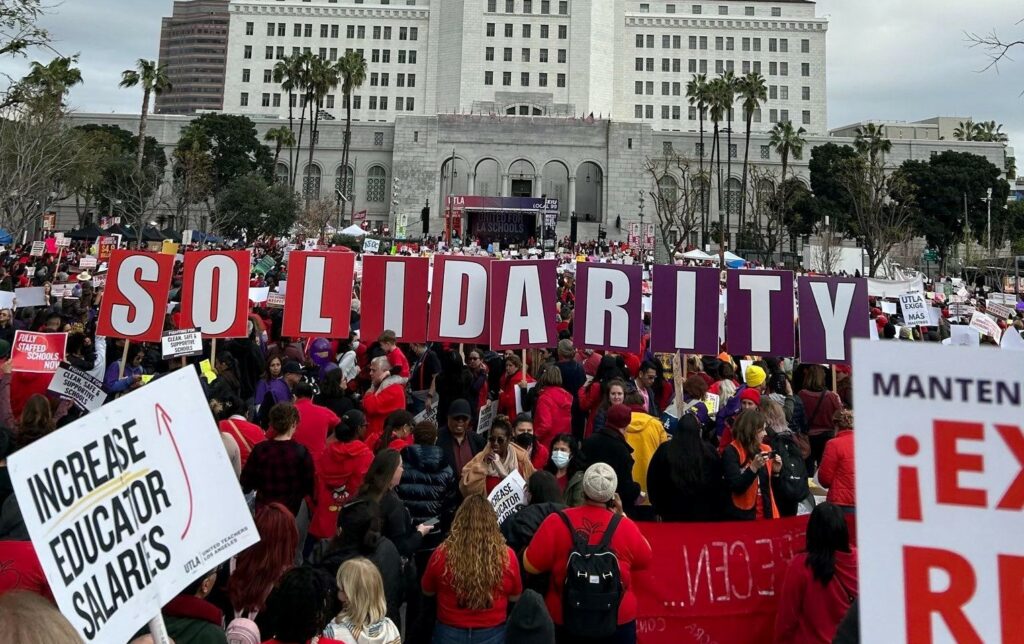
Listen HERE
Shasta County, California, north of San Francisco, is a pretty place, but right wing extremists have taken over the Board of Supervisors there. They’ve driven out public health workers and pushed to make the county what they call a “Second Amendment sanctuary.” They’re dubbing it a blueprint for the rest of the nation. The Nation’s Sasha Abramsky reports.
Also on this episode of Start Making Sense, historian Brenda Stevenson dissects the Black family both under slavery and after. Stevenson is the author of a new book on the history of the enslaved black family, titled “What Sorrows Labour in My Parent’s Breast.” 6-8-2023






 Listen
Listen  LISTEN
LISTEN 
